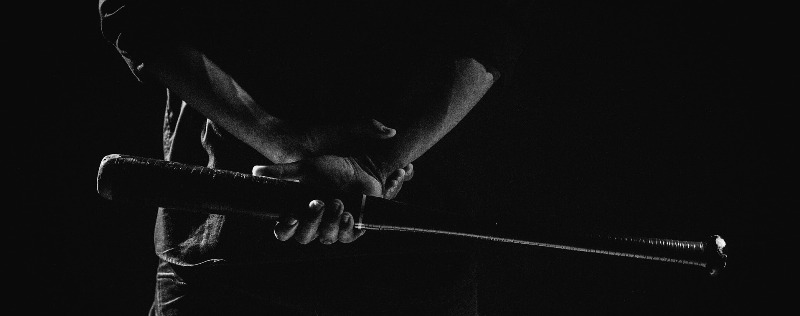
Following on from parts one and two of this series on the inspiring story of Jackie Robinson, the first African-American to play Major League Baseball in the 1940s.
Amongst other things, Jackie Robinson’s tolerance for injustice was particularly tested as an officer in the United States Army in 1944. One particular bus ride, Robinson was forced to move to the back of the bus by the driver, though he refused as he knew that the Army did not have segregation laws.
His persistence to challenge injustice on that bus had him arrested and Robinson had to appeal before a court made up entirely of white people.
Robinson was found not-guilty as a number of peers vouched for his good character, confirming that he was a great soldier and someone well respected.
This encounter was a foreshadow of what was to come in the following years but also served as training for what he would endure. Robinson had always challenged the way he was treated and made an effort to correct it when necessary, ultimately leading to social change.
Injustice must be fought wherever one finds it
Eric Metaxas mentioned in his book 7 Men and the Secret of Their Greatness, that Branch Rickey’s Christian faith told him that “injustice must be fought wherever one found it”. The idea that baseball could have any impact on politics or society is so far-fetched that it’s laughable, especially in 1945.
At this point of history, with Jackie’s passion, it would have made much more sense to influence a political sphere, much like Martin Luther King who was in touch with President John F Kennedy even from prison. But King’s influence came from the position he was planted in, he wasn’t a baseball player who had a change of career to pursue social justice, he was a minister gifted with verbal influence and leadership skills.
King is quoted as saying: “Injustice anywhere is a threat to justice everywhere. We are caught in an inescapable network of mutuality, tied in a single garment of destiny. Whatever affects one directly, affects all indirectly.”
For either King or Robinson to abandon their difficult situations would result in injustice carrying on in their spheres of influence which in turn would be injustice. Edmund Burke said it perfectly when he wrote “The only thing necessary for the triumph of evil is for good men to do nothing.”
Such a time as this
Much like Jackie Robinson, Esther was also hesitant when it came to the immense opportunity that rested on her shoulders. As a quick recap, Esther who was Queen, heard that the King had plotted to kill all the Jews in the land. Her cousin Mordecai urged her to approach the King and leverage her influence to prevent this from happening. Esther became worried that the King would kill her, as the law said that anyone who approached the King without being summoned would be put to death.
Mordecai responded to her fear in Esther chapter 4 verse 14 by saying "For if you remain silent at this time, relief and deliverance for the Jews will arise from another place, but you and your father’s family will perish. And who knows but that you have come to your royal position for such a time as this?”
Mordecai understood that Esther had been given her position for a reason and would be the only one whom the King would spare. If Esther had been in any other role even as the closest advisor, she would not have been given opportunity to save the people and influence the king.
Likewise, if Jackie Robinson had not proven himself a great baseball player and saw the opportunity that God gave him to make a difference, there may have been much more ground the civil rights movement would have had to tackle alone. Even today Jackie Robinson’s legacy continues to influence, encourage and inspire culture.
Baseball seemed like a fairly insignificant place to fight injustice but turned out to be a major cog in the civil rights movement. It is a firm belief of mine and many others, that no one is misplaced for God’s purpose.
I’m sure Branch Rickey and Jackie Robinson thought it more sensible and safer to march for civil rights or influence politicians directly but were faithful that where they were placed was where they were meant to be.
 Jesse Moore draws from the Bible and classical literature for insight into life’s tough questions. He is currently studying at university to become a film-maker.
Jesse Moore draws from the Bible and classical literature for insight into life’s tough questions. He is currently studying at university to become a film-maker.
Jesse Moore’s previous articles can be viewed at: https://www.pressserviceinternational.org/jesse-moore.html

Jesse Moore draws from the Bible and classical literature for insight into life’s tough questions. He is currently studying at university to become a film-maker.
Jesse Moore’s previous articles can be viewed at: https://www.pressserviceinternational.org/jesse-moore.html